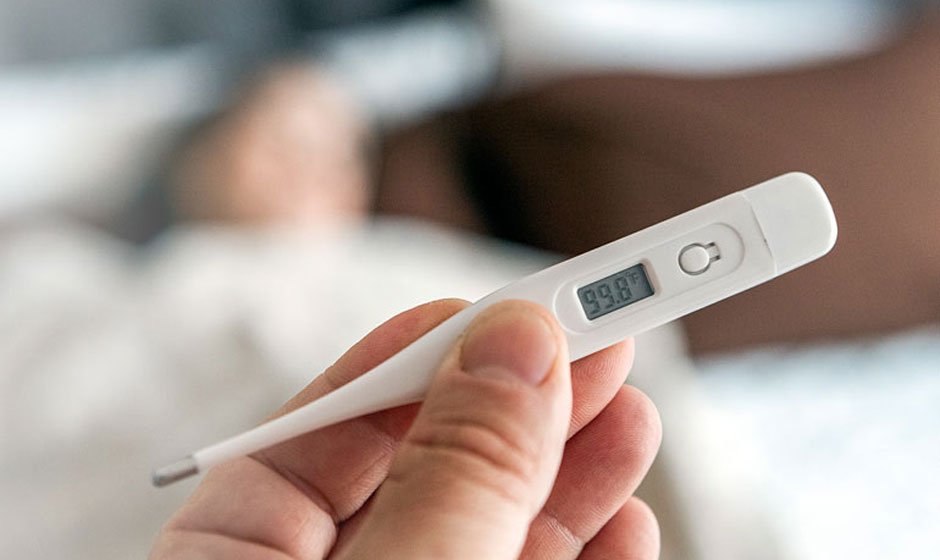In the midst of enjoying outdoor activities during the summer, encounters with wasps are not uncommon. If you happen to get stung, it’s crucial to know how to respond. Read on to discover what you should do when faced with a wasp sting and how to alleviate the symptoms effectively.
Do Wasps Sting or Bite?
While it’s true that wasps can bite, their stings are what they are primarily known for. Unlike bees, which leave their stingers embedded in the skin, wasps can sting multiple times as they retain their stingers. This aggressive behavior sets them apart from bees. It’s worth noting that some people maintain backyard bee hives while being cautious of wasps, as they can pose a threat to these domestic colonies when scavenging for food.
Do Wasps Die When They Sting You?
Contrary to bees, wasps do not die after stinging. Bees possess stingers with large barbs that become embedded in the skin, resulting in their detachment from the body and subsequent death. However, wasps have smaller barbs that do not stick in their targets. Even after stinging multiple times, a wasp will retain its stinger. Therefore, if you encounter a wasp sting, it’s important to leave it alone to prevent further attacks.
Wasp Sting Symptoms
The reaction to wasp venom varies from person to person. Some individuals may experience minor pain and redness, while others might exhibit severe allergic reactions. Typical symptoms of a wasp sting include sharp pain at the sting site, redness, a raised welt with a small white mark at the center. These mild reactions should subside within a few hours. However, more severe symptoms can include persistent or worsening redness or swelling over several days, as well as nausea and vomiting. If you or someone nearby is stung by a wasp, it’s crucial to monitor for signs of an allergic reaction. Swelling of facial features or the throat, hives or itching away from the sting site, and difficulty breathing can indicate a life-threatening allergy. In such cases, refer to recognized medical resources like Healthline for signs of anaphylaxis and seek immediate medical attention if necessary.
What to Do When a Wasp Stings You: Effective Treatment
The course of treatment for a wasp sting depends on the individual’s reaction. In most cases, medical intervention is not required. If you experience typical symptoms, washing the sting site with soap and water and applying a cold compress or ice to reduce swelling can be helpful. You may also consider using an anti-itch cream, over-the-counter pain reliever, antihistamine, or natural bug bite remedy to alleviate pain or itching.
However, if you encounter more severe symptoms such as vomiting, hives, or a constricted airway, it’s crucial to seek immediate medical attention. Professional wasp sting treatment is necessary when facing a life-threatening allergic reaction.
Preventing Wasp Encounters
If you’ve been stung by a wasp, it’s natural to want to prevent it from happening again. While you may have limited control over encountering wasps in public areas, there are steps you can take to deter them from your home. Begin by determining if there is a wasp nest near your living space. You can attempt to remove the nest yourself or hire a pest control professional. Additional preventative measures recommended by the Centers for Disease Control and Prevention include avoiding perfumed soaps and toiletries, cleaning up food waste, wearing protective clothing that covers your body, and refraining from swatting at wasps. Although these steps won’t eliminate stinging pests entirely, they can reduce the likelihood of wasps targeting you.
By understanding how to handle a wasp sting and employing effective treatments, you can ensure a safer and more enjoyable outdoor experience. Stay informed, take appropriate precautions, and seek professional help when necessary to mitigate the impact of wasp stings.



